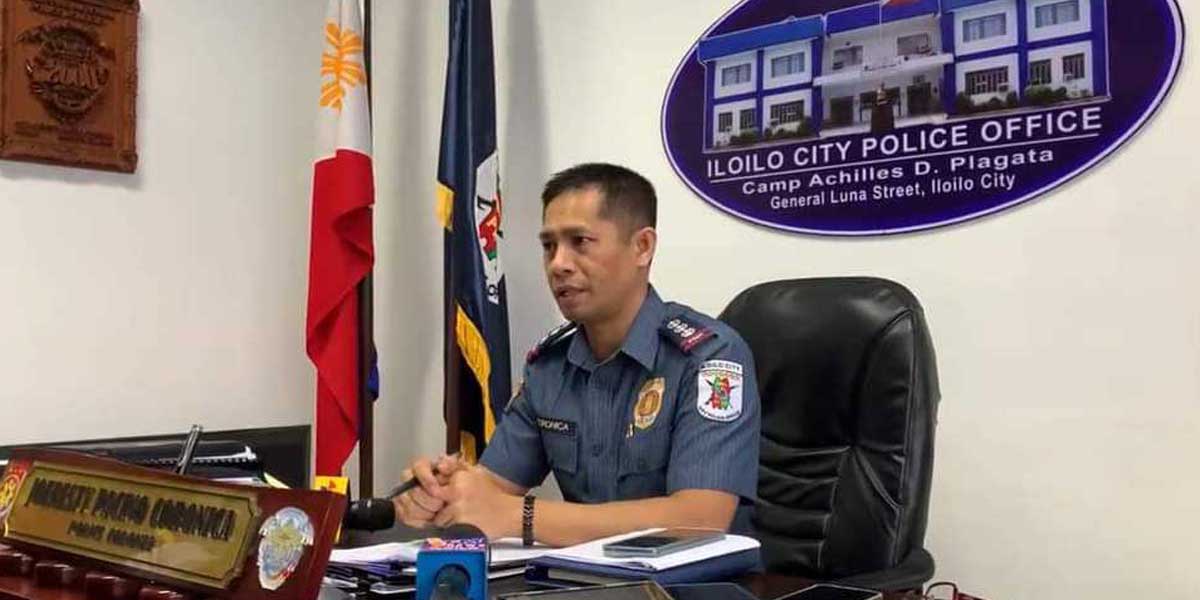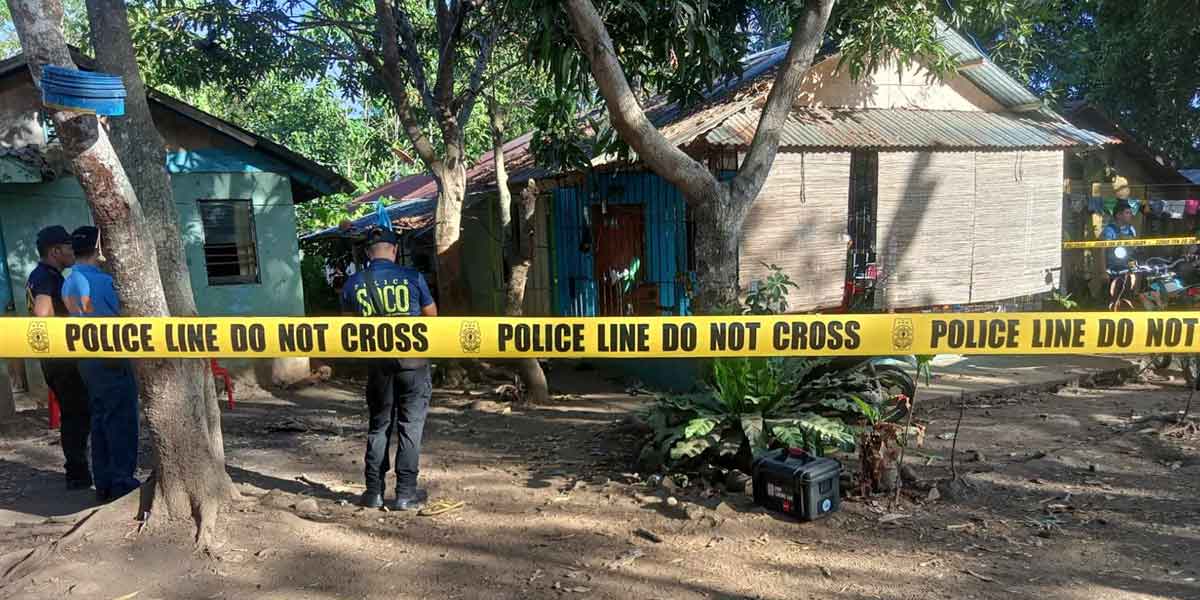
By: Gerome Dalipe
QUARRY operators extracted millions of pesos worth of sand and gravel from various areas in Iloilo but paid less in taxes, state auditors discovered.
The discrepancy is due to the failure of the Iloilo Provincial Government to establish barangay monitoring teams in 147 provincial quarry permit areas, the Commission on Audit (COA) said in its 2018 annual report.
This resulted in non-monitoring of the actual volume of the sand and gravel that were extracted by quarry operators, which led to under-declaration of the extracted minerals and underpayment of the required tax.
“Thus, reconciliation and imposition of the appropriate tax, penalties, and surcharges could be made, which will result in an increase in the revenue at the same time protect natural resources,” read the COA report.
Tax on sand and gravel is one of the top revenue sources of the Provincial Government. In 2018, the Capitol earned P7.67 million in taxes from sand and gravel extraction.
But the amount could have been doubled had the Provincial Government established barangay teams that were supposed to closely monitor the extraction of sand and gravel.
Tax collected in 2018 was based solely on the volume granted to quarry operators in the Province.
And only a minimal amount was collected for over-extraction of the sand and gravel, the auditors said.
LAX MONITORING
The 2017 Revised Revenue Code of the Province mandated the creation of barangay monitoring teams.
Among the functions of the monitoring team were to establish checkpoints at the ingress and egress of the quarry permit area, check all hauling/transporting vehicles, permits and other related documents.
They are also tasked to apprehend violators and to keep a logbook for all hauling or transporting vehicles and submit monthly monitoring report.
But the Provincial Environment and Natural Resources Office (Penro) based its monitoring on the monthly report on production, sales, employment and inventory of resources submitted by the permit holders.
There was no independent or third-party report used as a reference to reconcile and validate the accuracy of the reported extractions or productions of sand and gravel.
The auditors said they learned that there are only three barangay monitoring teams out of 147 quarry permit areas.
Unfortunately, the existing monitoring teams are not even performing their functions.
CHALLENGING
A Penro representative told auditors the creation and mobilization of monitoring teams in all quarry permit areas in the Province was “challenging.”
Penro said they conducted a series of information and education campaign to various barangay officials on the importance of creating a monitoring team of quarry operations.
Some barangays initially complied with the creation of their monitoring teams, but it was not continued.
That’s because no one in the barangay was willing to perform such functions such as the regular reporting because of minimal incentive they get from revenues generated from the sand and gravel.
To augment the lack of the monitoring team, Penro created a task force that conducted spot inspection of the quarry operations.
The task force moved from one area to another and randomly conducted an inspection of the hauling trucks, their permits, and accuracy of the reported quantity in the delivery receipt.
But due to limited personnel, Penro said they could not cover the entire Province.
In the report, the auditors urged the governor to direct Penro to formulate strategies and approaches to materialize the creation and mobilization of the barangay monitoring team.
The monitoring teams should also ensure to regularly reconcile the permit holders’ monthly report of production and apply appropriate tax and penalties if warranted, the auditors said.






















